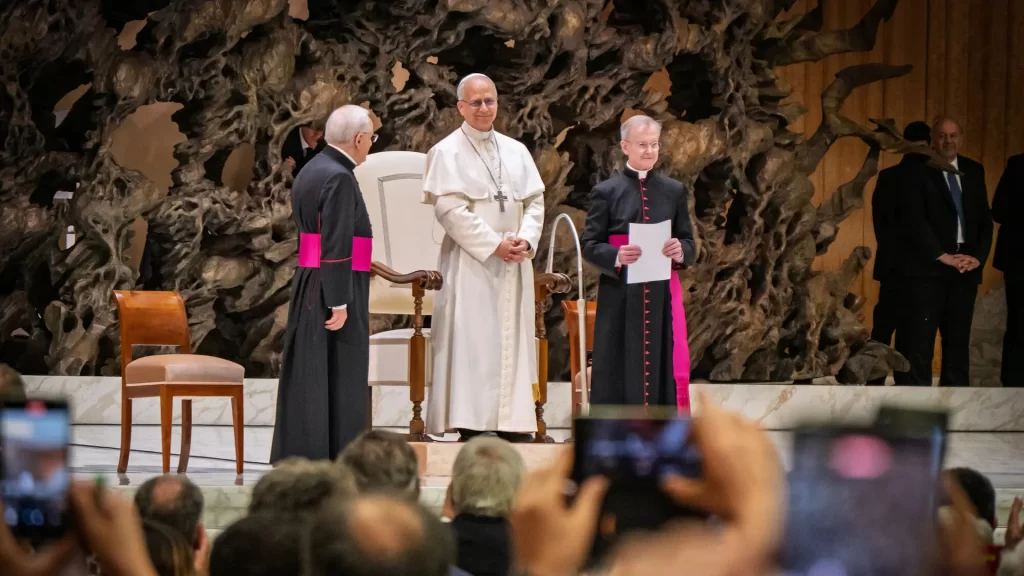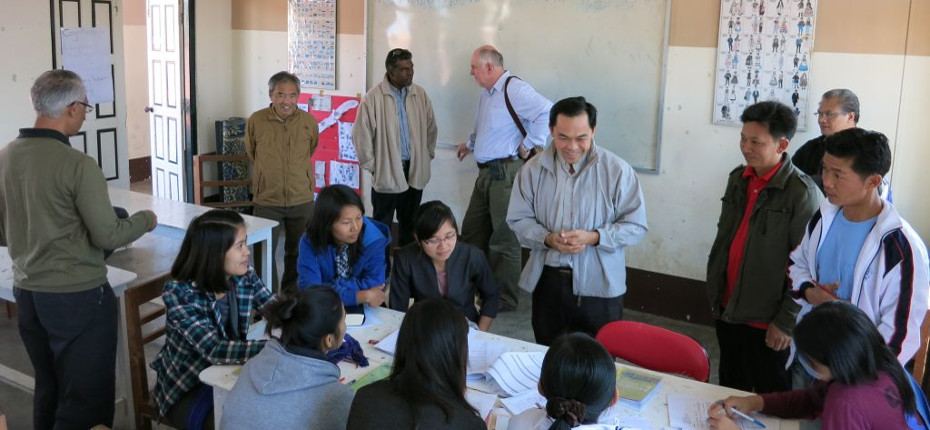
Our new Fr General Arturo Sosa in his first homily as Superior General spoke words to live by. They resonate with our apostolic plan for the Jesuit Conference of Asia Pacific and challenge us to implement it. More than ever, the Jesuit mission cannot be accomplished alone. Many people share our mission to serve a faith that does justice. The more we work together with one another, the greater the service that can be offered, not just through our plans and projects, but those of others as well.

As I write, we are deeply engaged in the discussions of General Congregation 36, in which we explore precisely the mission of the Society of Jesus today. It is opportune to stop and consider on Mission Sunday how we seek to embed the life and mission of God in the hearts of people. Allow me to speak to this in the context of the three mission territories our Jesuit Conference of Asia Pacific has a responsibility for, namely Cambodia, Myanmar and Timor Leste.
The Cambodia mission began in 1990 when Jesuit Refugee Service entered Cambodia to accompany the refugees who decided to return and participate in the re-building of their country. Myanmar, to which the Jesuits returned only in 1998, is a mission for which the Jesuit Conference is directly responsible. Timor Leste came to receive the special attention of the Conference following the tumultuous events of 1999 and the withdrawal of Indonesian political and military presence This coincided with a significant recruitment of young Timorese into the Society. Little by little each mission is gaining a measure of sustainability.
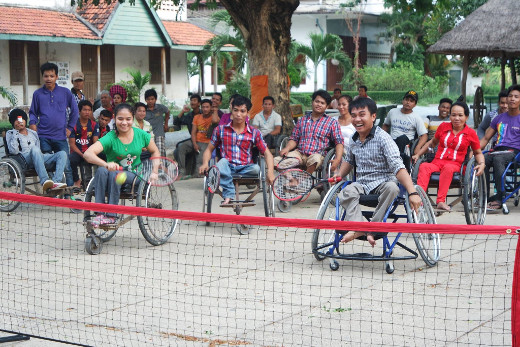
An important factor in the Jesuit mission is its connection with Battambang Prefecture. With Jesuit Conference agreement, the Society was asked to give special attention to building up the local Church in the prefecture. This resulted in Msgr Enrique (Kike) Figaredo SJ being appointed Apostolic Prefect in 2000. Since then a network of communities is continuously being built in northwest Cambodia, thanks to the combined efforts of many people, Jesuits, religious and lay.
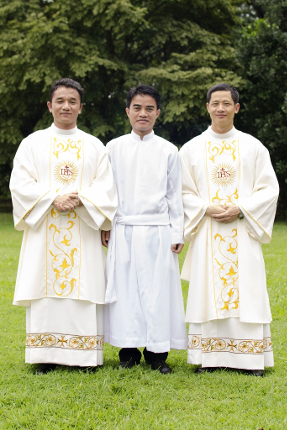
Yet already two significant educational centres have been started and some services to the poor. In addition to St Aloysius Gonzaga Institute of Higher Studies in Taunggyi and Campion Institute in Yangon, a smaller school has been opened in a slum area on the outskirts of Yangon. And we are setting up a leadership institute at the request of Cardinal Charles Bo. Other services to the local Church include social research, a centre for promoting Catholic Social Teaching, the Spiritual Exercises and formation for church workers, catechists and other personnel. Also JRS is working with internally displaced persons and returning refugees. All these are made possible with the support of Jesuit missionaries and collaborators from several countries, Jesuit universities, the East Asian Pastoral Institute and many Burmese collaborators, especially the teachers.
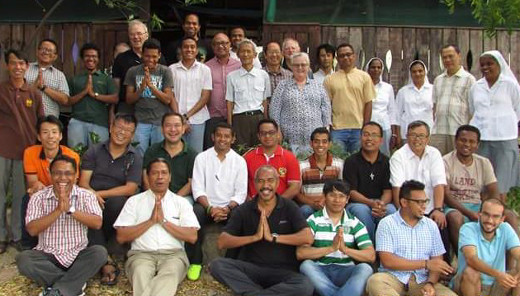
Some may question why the peripheries and why small countries are important when there are great needs for evangelisation and social service in developed countries. Our former Superior General Fr Adolfo Nicolás SJ answered this question well in an interview in Timor-Leste in 2014. When asked why a tiny country like Timor-Leste should be a concern for the Society of Jesus, he replied, “Well it’s like Israel being a concern for God. God doesn’t look at the size of the country. He’s thinking about the whole world, and anybody or any group or any country that can contribute to the Good News, to healing, to new perspectives for the whole world is very good.”
Each of these missions goes forward thanks to the collaborative efforts, prayers and contributions of many people. For which we thank you and we thank God.
Blessings from the General Congregation 36 in Rome.
Fr Mark Raper SJ,
President, Jesuit Conference of Asia Pacific,
October 24, 2016
Main photo: Provincials visit to Myanmar, 2013






